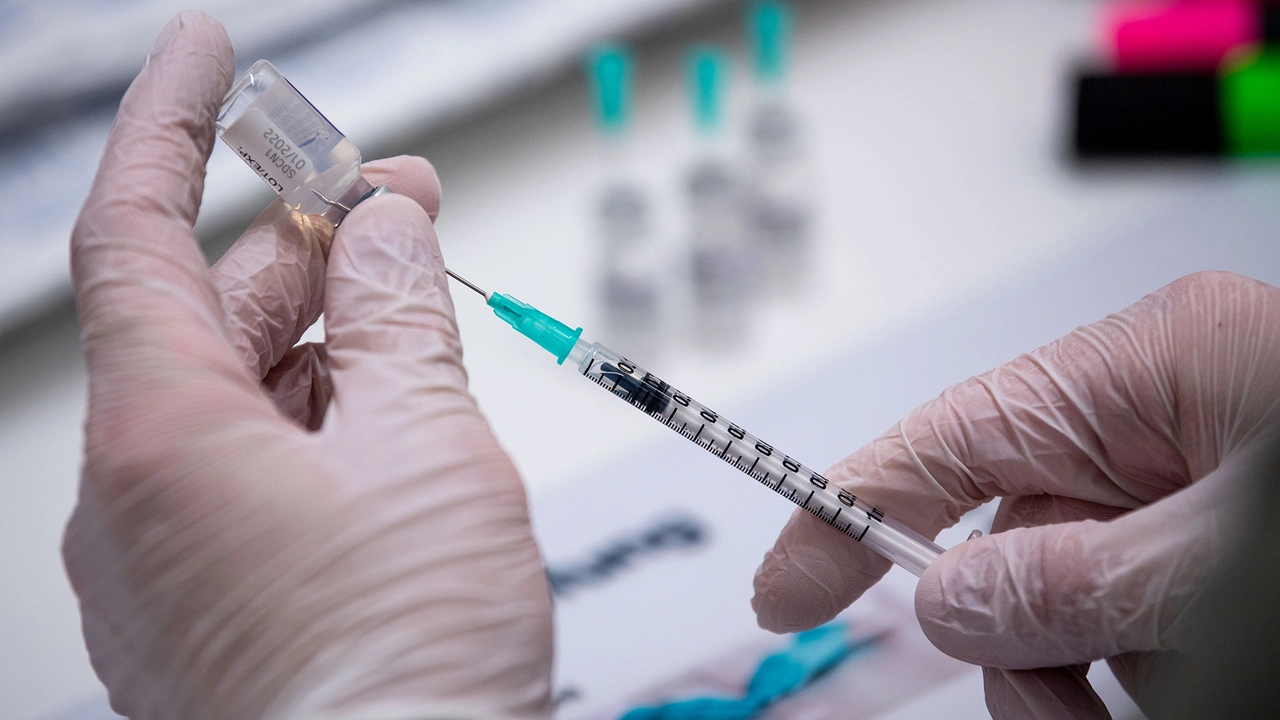Vaccination Benefits: Preventing Parasitic Infections
Ever wondered if a simple shot could stop those sneaky parasites? You’re not alone. While most people link vaccines to flu or COVID‑19, they can also fight the tiny organisms that cause diseases like malaria, schistosomiasis, and leishmaniasis. Let’s break down how immunization steps in as a powerful shield.
How Vaccines Stop Parasites
First off, parasites aren’t just one type of bug—they’re a diverse group that includes worms, protozoa, and even insects that carry disease. A vaccine works by training your immune system to recognize specific parts of the parasite before it can cause trouble. When you get vaccinated, your body creates antibodies that latch onto those parasite proteins, neutralizing them or marking them for destruction.
Take the malaria vaccine RTS,S (Mosquirix) as a real‑world example. It targets the Plasmodium falciparum parasite’s circumsporozoite protein, which is crucial for the parasite to invade liver cells. Kids who receive the full series have shown up to 40% fewer severe malaria cases compared to unvaccinated peers. That drop translates into thousands of lives saved each year in high‑risk regions.
Another promising candidate is a vaccine against schistosomiasis, a disease caused by parasitic flatworms that affect over 200 million people worldwide. Early trials show the vaccine can cut infection rates by nearly half, meaning fewer people suffer from liver and bladder damage later on.
The key takeaway? Vaccines don’t just stop viruses—they can block whole life cycles of parasites, preventing them from ever getting a foothold in your body.
What This Means for Public Health
If we scale up parasite vaccines, the public health ripple effect is massive. Fewer infections mean less strain on hospitals, lower drug costs, and reduced need for expensive antiparasitic treatments that sometimes have nasty side effects.
Communities also benefit from decreased transmission. Parasites often spread through water, soil, or insect vectors—so cutting down the number of infected individuals cuts the chain of contamination. Think about a village where malaria rates drop dramatically after a vaccination campaign; fewer sick people mean more kids staying in school and families keeping their farms running.
Beyond immediate health gains, there’s an economic boost. The World Health Organization estimates that eliminating just one major parasitic disease could save developing nations billions of dollars each decade—money that can be redirected to education, infrastructure, or other healthcare needs.
Of course, vaccines aren’t a silver bullet. They work best when paired with good sanitation, vector control (like mosquito nets), and public awareness. But they’re a critical piece of the puzzle, especially in regions where parasites are endemic and resources are limited.
So next time you hear about vaccination campaigns, remember they’re fighting more than just colds. They’re taking on some of the world’s toughest microscopic foes, protecting whole communities from diseases that have plagued humanity for centuries.

